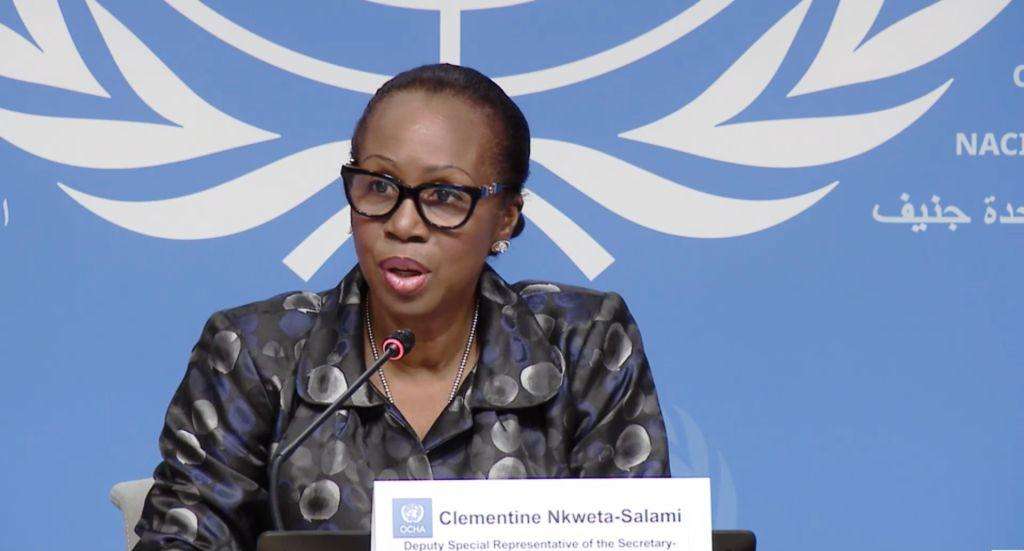The escalating conflict in Al Fasher, North Darfur, has cast a shadow over the lives of countless civilians, according to a stern warning from the United Nations’ chief aid official in Sudan.
On Thursday, May 30 Clementine Nkweta-Salami, the UN Resident and Humanitarian Coordinator for Sudan, expressed her grave concern over the worsening humanitarian crisis in the city, highlighting the increasing strife between the Sudanese army and the Rapid Support Forces (RSF).
“The noose of war is tightening its stranglehold on civilians,” Nkweta-Salami said, emphasizing the escalating violence and its devastating impact on the local population.
The conflict, which has persisted for over a year, recently saw a significant surge in hostilities, exacerbating the plight of those caught in the crossfire.
Reports from the ground paint a grim picture. Civilians face threats from all directions, and there have been alarming accounts of casualties and human rights violations.
“I am profoundly distressed by the humanitarian situation in Al Fasher, where the noose of war is tightening its stranglehold on a civilian population that is under attack from all sides.
“Humanity is the first casualty of war. The news of reported casualties and human rights abuses are appalling. Families, including children and elderly people, are being prevented from leaving the city as they search for safety.”
Clementine Nkweta-Salami
She also noted that the warring factions are targeting medical facilities, displacement camps, and essential civilian infrastructure.
The humanitarian situation is dire. Many parts of Al Fasher are without electricity or water, and a growing number of people have limited access to food, healthcare, and other critical services.
“After more than a year of brutal conflict, families have exhausted their scarce resources and their resilience is being eroded with each day of violence,” Nkweta-Salami added, calling for all parties to avoid using explosive weapons in populated areas and to take all necessary precautions to protect civilians and their infrastructure.
“Wars have rules that must be respected by all, no matter what,” she insisted. The broader impact of the conflict has been catastrophic.

According to the UN Office for the Coordination of Humanitarian Affairs (OCHA), more than seven million people have been displaced within Sudan, over half of whom are children.
An additional two million have fled to neighboring countries since the outbreak of violence in April 2023.
In response to the mounting crisis, the UN and its partners are ramping up efforts to combat rising hunger and food insecurity across Sudan.
Sudan’s Dire Humanitarian Crisis
Approximately 18 million people nationwide face food shortages, with five million on the brink of famine. The UN World Food Programme (WFP) is actively working to deliver aid to the most affected regions.
Recently, 1,200 metric tonnes of food supplies, sufficient to sustain 116,000 people, have been transported across the Darfur region, reaching destinations in Central Darfur and several locations in South Darfur, including displacement camps in Nyala.
Additionally, ongoing food distributions are targeting 135,000 people in South Kordofan state. The WFP reiterated the necessity for aid to reach vulnerable communities safely and without hindrance.
Last week, a WFP convoy successfully crossed into Sudan from Chad, a significant step in ensuring that food supplies reach those in desperate need.
The situation in Al Fasher and across Sudan remains critical, with millions facing unprecedented challenges.
As the conflict continues, the international community’s attention and efforts are crucial to alleviating the suffering and ensuring that humanitarian aid reaches those who need it most.
READ ALSO: Lil Win Postpones Sunyani Premiere Out of Respect for Deceased


















